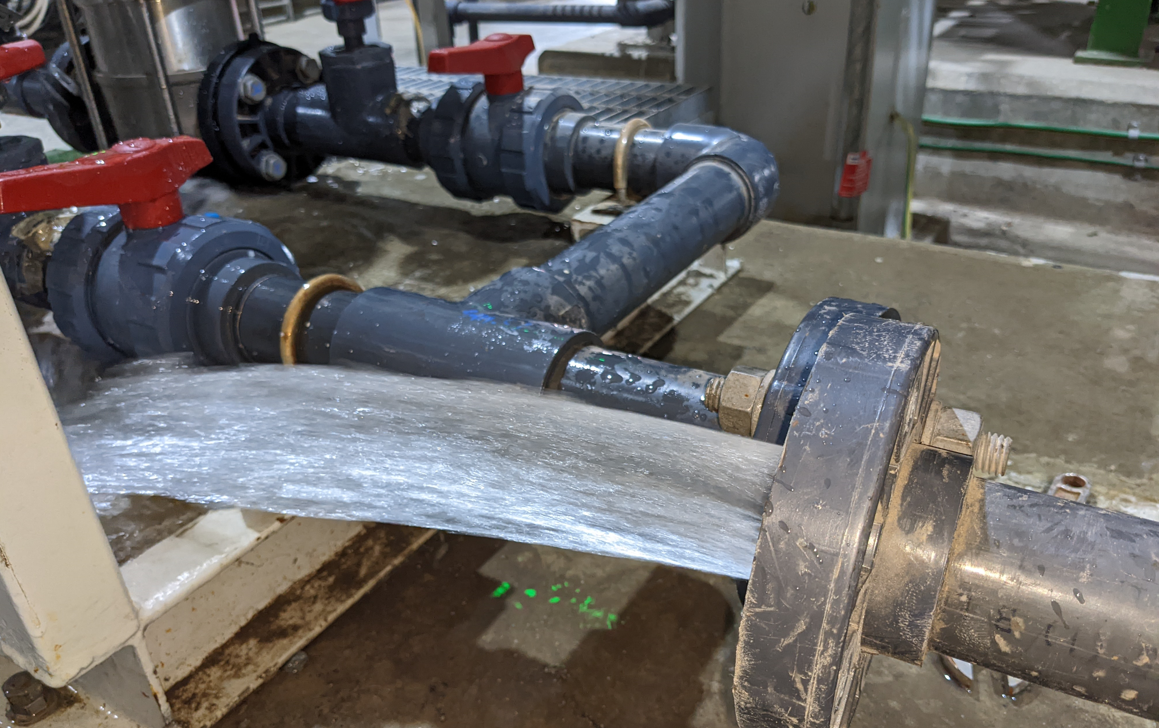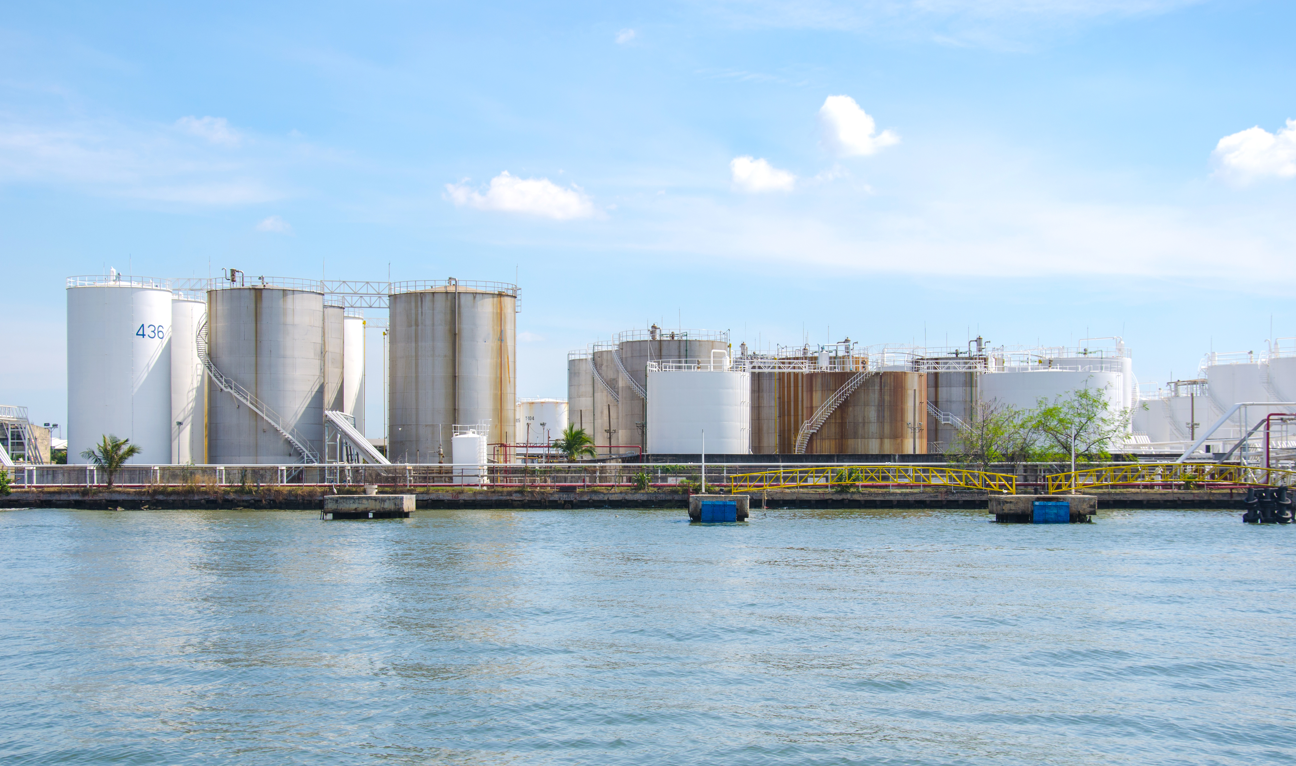As industries evolve, the demand for skilled Plant Engineers is on the rise, making it crucial to comprehend the integral role they play in the overall functionality and success of industrial operations. This article aims to discuss the key aspects of a Plant Engineer’s responsibilities and the growing importance of their expertise in today’s industrial landscape.
What Does A Plant Engineer Do?
A Plant Engineer, someone who designs, installs, modifies, and maintains the plant’s systems, processes, and equipment, is responsible for overseeing the maintenance, operation, and improvement of industrial plants or facilities. Their role involves ensuring that machinery and equipment are functioning efficiently, overseeing repairs and maintenance activities, and optimizing plant operations to meet production goals.
Plant Engineers collaborate with various teams, including maintenance, production, and management, to address technical issues, implement safety measures, and enhance overall plant performance. They may also be involved in planning and executing projects to upgrade or expand plant facilities. Additionally, Plant Engineers focus on optimizing processes to enhance productivity and reduce operational costs, contributing to the overall success of the industrial plant.
What Is The Difference between A Plant Engineer and A Manufacturing Engineer?
The main difference between a Plant Engineer and a Manufacturing Engineer lies in their areas of focus within the industrial process. A Plant Engineer is responsible for overseeing the overall maintenance, operation, and improvement of an entire industrial plant or facility. They ensure that machinery and equipment are functioning efficiently and optimize the overall performance of the plant. It is important to note that plant engineers focus entirely on the machine side.
On the other hand, a Manufacturing Engineer is more specialized, concentrating specifically on the manufacturing process. Their role involves designing, developing, and improving the processes and systems used in the production of goods.
Manufacturing Engineers focus on enhancing efficiency, reducing costs, and ensuring the quality of the manufacturing processes. While Plant Engineers have a broader responsibility for the entire facility, Manufacturing Engineers zoom in on the intricacies of the manufacturing line to streamline and optimize production.
How Is The Work Environment of Plant Engineers?
Plant engineers often spend a significant amount of time in the field, directly overseeing and managing plant operations. This includes monitoring machinery, conducting inspections, and ensuring that equipment functions optimally.
Fieldwork may also involve troubleshooting issues, coordinating with maintenance teams, and implementing on-the-spot solutions to address any technical challenges. The field environment demands adaptability, as engineers may encounter varying conditions and unexpected situations while working on-site.
In the office, plant engineers engage in planning, analysis, and project management. They review data, analyze performance metrics, and collaborate with different departments to optimize plant processes. Office work also involves designing and modifying systems, preparing reports, and developing strategies to improve overall plant efficiency.
Plant Engineers may use computer-aided design (CAD) software and other tools to create plans for system modifications or upgrades. Office tasks require attention to detail, analytical skills, and effective communication to coordinate with diverse teams and ensure seamless plant operations.
The combination of fieldwork and office work allows plant engineers to have a holistic approach to their responsibilities, addressing both real-time operational challenges and long-term planning to enhance the performance of industrial plants.
Are Plant Engineers in Demand?
Yes, plant engineers are often in demand due to their crucial role in maintaining, optimizing, and upgrading industrial plants. The demand is driven by the continuous need for efficient and reliable plant operations across various industries.
Based on extensive research and analysis conducted by Zippia’s data science team, the field of plant engineering shows promising trends. Over the period from 2018 to 2028, a 3% growth rate in plant engineer job opportunities is projected, equating to around 7,100 new positions in the coming decade. Notably, salaries for plant engineers have experienced a noteworthy 12% increase in the last five years.
As of now, there are currently more than 8,060 plant engineers employed across the United States, and the field is actively seeking professionals, with 44,391 job openings available. The average salary for plant engineers is reported to be $93,949. These figures collectively depict a positive outlook for individuals considering or already engaged in the field of plant engineering.
How Much A Plant Engineer Can Earn?
Based on data from Glassdoor, the estimated annual total pay for a Plant Engineer in the United States is $108,517, with an average salary of $90,967. These figures represent the midpoint of salary ranges and include additional pay estimated at $17,551 per year, covering elements like cash bonuses, commissions, tips, and profit sharing. The “Most Likely Range” encapsulates values within the 25th and 75th percentiles of all available pay data for this role.
Meanwhile, according to World Salaries, a Plant Engineer in Indonesia can expect to earn approximately 122,398,700 IDR per year. The salary range in Indonesia varies, with the lowest average salary at about 60,239,600 IDR and the highest average salary reaching 191,999,600 IDR. These salary estimates provide insights into the earning potential for Plant Engineers in both the United States and Indonesia.
In conclusion, a plant engineer’s salary can vary based on experience, location, and the employing company. Factors such as expertise, demand for skills, and company size influence earnings. With increasing experience, individuals may see higher pay. These figures serve as general estimates, and actual salaries depend on individual circumstances and industry dynamics.
What Are Some Essential Skills for Plant Engineers?
These skills collectively contribute to the success of Plant Engineers in overseeing and enhancing the performance of industrial plants.
|
Skills |
Explanation |
| Analysis | Ability to analyze data and processes for effective decision-making. |
| Communication | Clear communication is vital to convey technical information and collaborate with various teams. |
| AutoCAD | Proficiency in computer-aided design (AutoCAD) for creating detailed plans and schematics. |
| Collaboration | Working well with others is crucial for coordinating tasks and achieving common goals. |
| Continuous Improvement | A commitment to ongoing improvement in plant processes and efficiency. |
| Interpersonal Skills | Building positive relationships and effective communication with colleagues. |
| Plant Maintenance | Knowledge of plant maintenance practices to ensure smooth operations. |
| Preventive Maintenance | Implementing strategies to prevent equipment breakdowns and ensure reliability. |
| Technical | Strong technical skills in engineering and various manufacturing processes. |
| Computer-Aided Design | Proficiency in using software tools for designing and planning. |
| Engineering | Sound understanding of engineering principles and practices. |
| HVAC | Knowledge of heating, ventilation, and air conditioning systems commonly used in industrial plants. |
| Manufacturing | Understanding of manufacturing processes to optimize plant operations. |
| Project Management | Skills to plan, execute, and manage projects efficiently. |
| Time Management Skills | Effectively managing time to meet deadlines and prioritize tasks. |
| Troubleshooting | Ability to identify and resolve technical issues in plant equipment and systems. |
How to Become a Plant Engineer?
Becoming a Plant Engineer involves a structured progression through several key steps:
1. Educational Foundation
To become a Plant Engineer, start by pursuing a bachelor’s degree in mechanical engineering or a related field. This educational foundation provides a comprehensive understanding of engineering principles, which is essential for the role.
2. Gain Technical Skills
Cultivate technical skills relevant to plant engineering. This includes proficiency in computer-aided design (CAD) tools, project management techniques, and an understanding of various manufacturing processes. These skills form the core of a Plant Engineer’s toolkit.
3. Acquire Practical Experience
Seek internships or entry-level positions to gain hands-on experience in a plant environment. Practical exposure allows you to apply theoretical knowledge in real-world scenarios, understand the intricacies of plant operations, and develop problem-solving skills.
4. Specialize in Mechanical Engineering
Consider specializing in mechanical engineering, a key aspect of plant engineering. Look for specialized training programs that offer practical knowledge and focus on areas such as equipment maintenance, troubleshooting, and machinery operation within a plant setting.
5. Develop Communication Skills
Communication is crucial in plant engineering. Develop strong communication skills to effectively convey technical information to diverse teams. Clear communication ensures seamless collaboration and understanding among team members.
6. Learn AutoCAD
Familiarize yourself with AutoCAD or similar computer-aided design tools. Proficiency in these tools is essential for creating detailed plans, schematics, and engineering drawings used in plant design and modifications.
7. Build Collaborative Skills
Plant engineering often involves collaborative efforts. Develop strong collaborative skills to work effectively with colleagues and other teams. Collaborative efforts are vital for achieving common goals and addressing complex challenges in a plant environment.
8. Continuous Learning
Stay informed about industry trends, new technologies, and advancements in plant engineering. Continuous learning through workshops, conferences, and ongoing education ensures that you remain adaptable and knowledgeable in this dynamic field.
9. Mechanical Engineering Training
Enroll in specialized mechanical engineering training programs that provide practical knowledge. Seek courses that focus on real-world scenarios, equipment maintenance, and troubleshooting. Practical training ensures you are well-equipped to handle the challenges specific to plant engineering and enhances your problem-solving abilities.
By carefully following these detailed steps, aspiring Plant Engineers can build a robust skill set, gain practical experience, and position themselves for a successful and fulfilling career in the field of plant engineering.
As you progress in your journey to become a successful Plant Engineer, it’s highly beneficial to complement your education and hands-on experience with specialized training. PetroSync stands out as a reputable training provider, offering courses specifically tailored to enhance practical skills in plant engineering like shell and tube heat exchangers training, ASME VIII Div 1 and 2 training among others.
By enrolling in PetroSync‘s training programs, you can gain valuable insights into real-world challenges, equipment maintenance, and troubleshooting techniques within a plant environment.
PetroSync’s focus on practical skills ensures that you not only understand theoretical concepts but also acquire the hands-on expertise needed for success in the field. Consider taking advantage of PetroSync’s plant engineering training to further refine your capabilities and stay ahead in this dynamic and evolving industry.
Credit: Freepik






